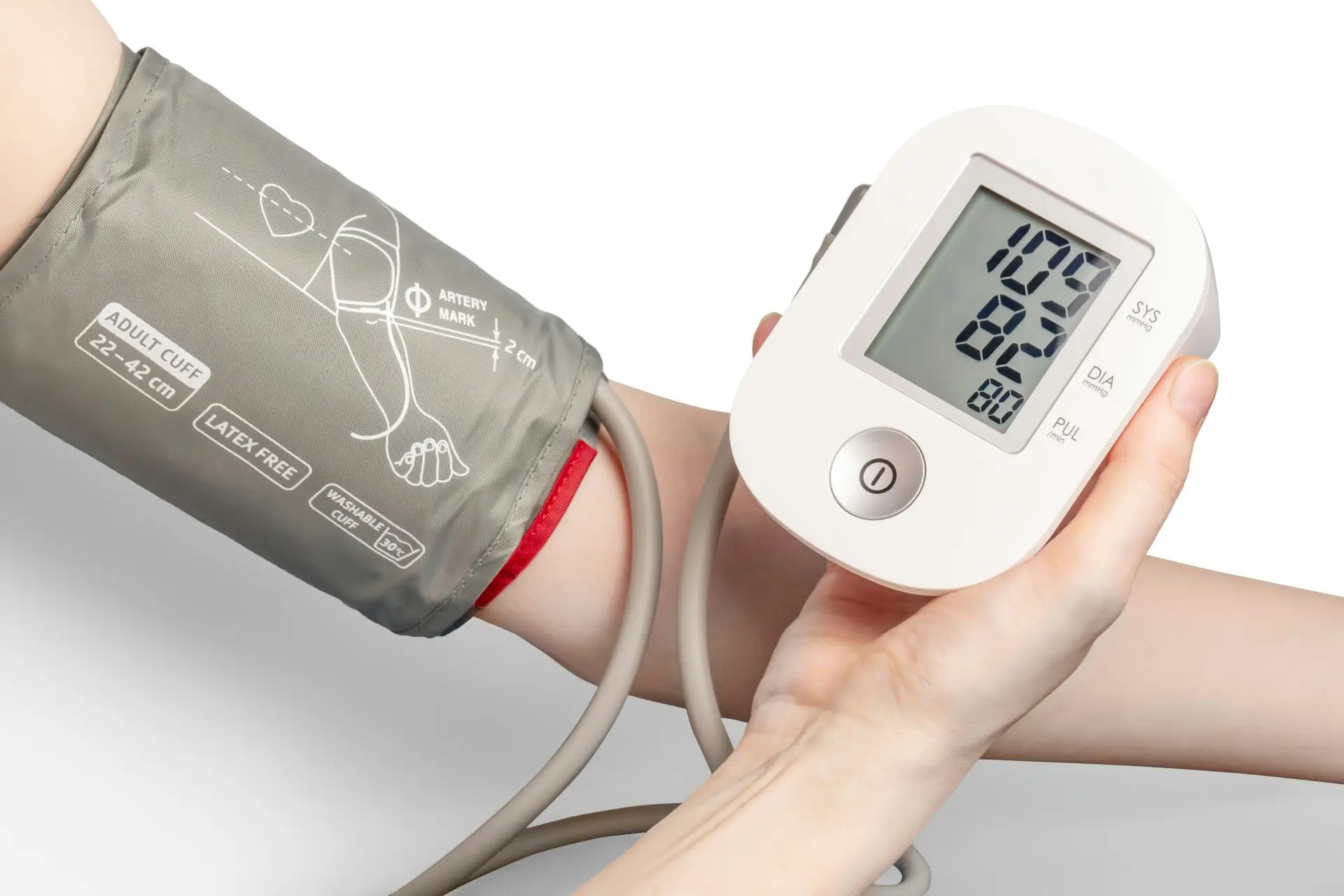
Do you often find yourself worrying about your blood pressure levels? Hypertension, or high blood pressure, is a common health condition that affects many people in India and around the world. If left untreated, it can lead to serious health complications such as heart disease and stroke. The good news is that there are simple and natural ways to manage hypertension and lower your blood pressure. In this blog post, we will share some tips that you can easily incorporate into your daily routine.
One of the most effective ways to lower your blood pressure naturally is to follow a balanced and nutritious diet. Include plenty of fruits, vegetables, whole grains, and lean proteins in your meals. Avoid processed foods, excessive salt, and saturated fats. Incorporate foods that are rich in potassium, such as bananas, spinach, and avocados, as they can help regulate blood pressure levels.
Regular physical activity is not only beneficial for maintaining a healthy weight but also for managing hypertension. Engage in activities that you enjoy, such as walking, cycling, swimming, or dancing. Aim for at least 30 minutes of moderate-intensity exercise most days of the week. Consult with your healthcare provider before starting any new exercise regimen.
Stress can contribute to high blood pressure, so it’s important to find healthy ways to manage and reduce stress in your life. Practice relaxation techniques such as deep breathing exercises, meditation, or yoga. Engage in activities that help you unwind and relax, such as listening to music, reading a book, or spending time in nature.
Excessive alcohol consumption can raise your blood pressure levels. If you choose to drink alcohol, do so in moderation. Limit your intake to no more than one drink per day for women and two drinks per day for men. It’s important to note that excessive alcohol consumption can also have other negative health effects, so it’s best to consult with your healthcare provider for personalized advice.
Smoking not only damages your lungs but also contributes to high blood pressure and heart disease. If you smoke, take steps to quit. Seek support from friends, family, or healthcare professionals who can assist you in your journey to become smoke-free. Quitting smoking will not only improve your blood pressure levels but also benefit your overall health.
Being overweight or obese can increase your risk of developing hypertension. If you are overweight, aim to lose weight gradually through a combination of healthy eating and regular exercise. Even a small reduction in weight can have a significant impact on your blood pressure levels.
Regularly monitor your blood pressure levels at home using a blood pressure monitor. This will help you keep track of any changes and enable you to take necessary actions. Share the readings with your healthcare provider, who can provide guidance and make any necessary adjustments to your treatment plan.
If you have been diagnosed with hypertension, it’s important to follow your doctor’s advice and take any prescribed medications as directed. Do not stop or alter your medication without consulting your healthcare provider. They will monitor your progress and make any necessary adjustments to ensure your blood pressure is well-managed.
By incorporating these simple tips into your daily routine, you can effectively manage hypertension and lower your blood pressure naturally. Remember to consult with your healthcare provider before making any significant changes to your diet or exercise regimen. With consistent effort and a healthy lifestyle, you can take control of your blood pressure and improve your overall well-being.